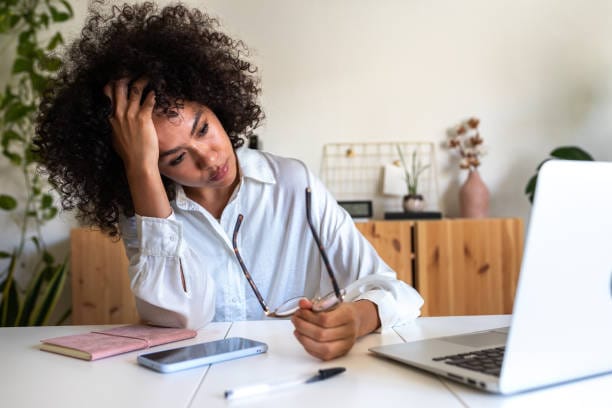We live in a fast-paced, high-stress world. It can be tough to find balance and calm in the midst of it all. You may find yourself feeling overwhelmed, anxious, and stressed out. But what if there was a way to take back control and find peace of mind? What if you could reduce stress and anxiety by making small, consistent changes in your daily life? The good news is that it’s possible.
Let’s explore some simple, practical ways to reduce stress and anxiety.
Table of Contents
Get enough sleep
Getting enough sleep is crucial for overall health and can help reduce stress and anxiety. Most adults need 7-9 hours of sleep per night. Getting enough sleep can help improve mood, boost energy levels, and increase concentration. It can also help reduce the release of the stress hormone cortisol.
Eat a healthy diet
Eating a balanced diet can improve mood, energy levels, and overall health. It can also help reduce stress and anxiety. A healthy diet should include plenty of fruits, vegetables, whole grains, and lean proteins. It’s also important to limit processed and sugary foods.
Exercise regularly
Exercise is an effective way to reduce stress and anxiety. Physical activity triggers the release of endorphins, hormones that act as natural painkillers and mood boosters. Exercise can also increase energy levels, improve sleep quality, and help the body better cope with stress. Many types of exercise can be effective, such as walking, running, swimming, and yoga.
You May Like: 5 Ways To Get Yourself To Sleep When You’re Stressed
Practice mindfulness and meditation
Mindfulness is the practice of bringing one’s attention to the present moment. It can be practiced through meditation, but also through simple activities like taking a mindful walk or eating a mindful meal. Meditation has been shown to reduce stress, anxiety, and depression. Studies have also found that it can boost memory, attention, and immune function.
Connect with others
Studies have found that social connection is a major factor in overall health and well-being. People who have strong social ties tend to have lower stress levels and are less likely to experience anxiety and depression. There are many ways to increase social connection, such as spending time with friends, joining a club or group, or volunteering.

Practice relaxation techniques
Relaxation techniques like progressive muscle relaxation and deep breathing can reduce stress and anxiety by lowering heart rate and blood pressure. They can also help to increase feelings of calmness and well-being.
Conclusion
While the above methods are effective for reducing stress, it is important to remember that reducing stress and anxiety is not about finding a quick fix. It’s about making small, consistent changes that add up over time. Try incorporating some of the methods discussed into your daily life and see how they work for you.
Featured Image: GETTY











